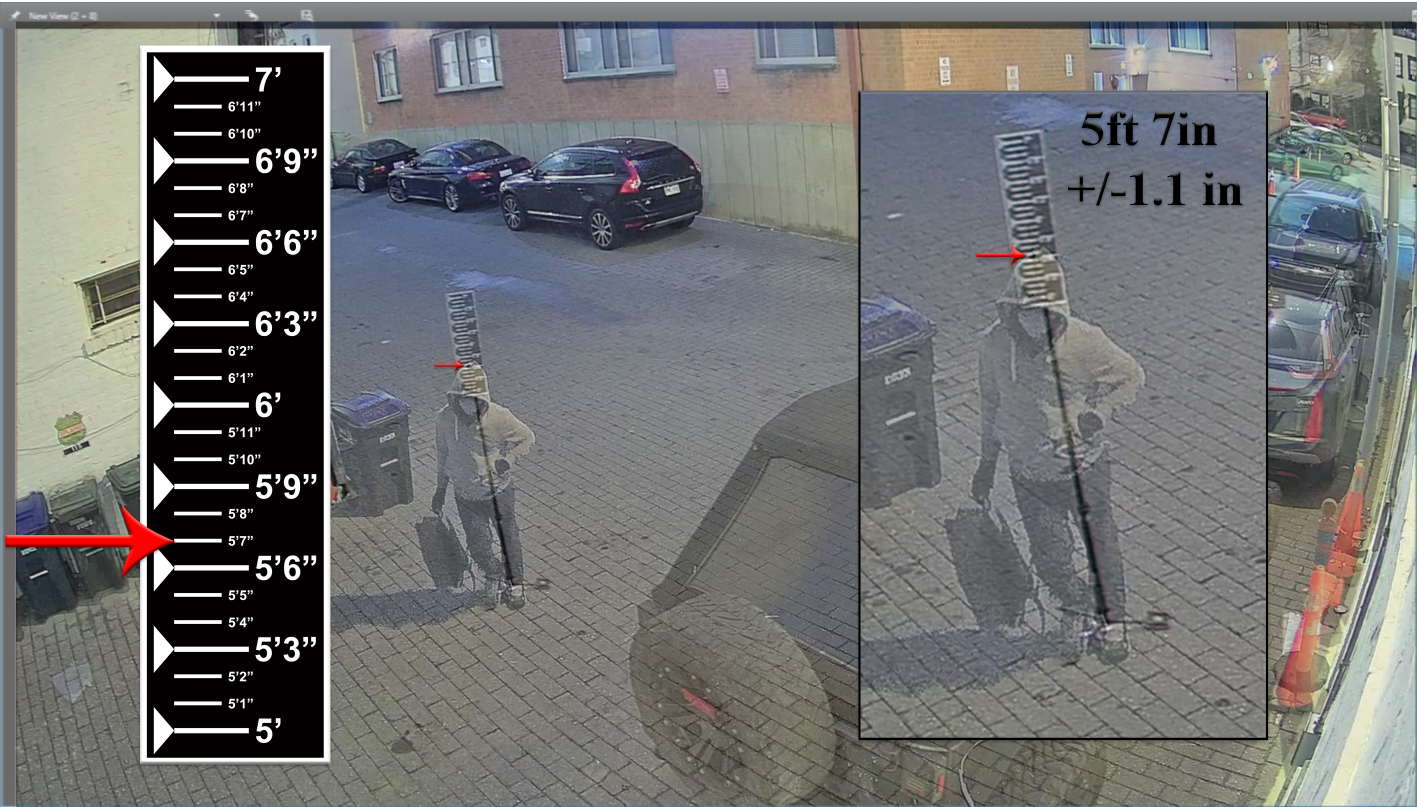The FBI is warning Americans against a new investment scam that has stolen millions from unwitting victims across the country.
The scam starts as a text or online message in what appears to be a misdialed number or confusion about the victim's identity. But these messages are far from accidental and is leaving people in debt, according to the FBI.
Maybe you’ve received one of the messages, which starts by asking an innocent question like, "Hello is this John?" You reply, "sorry, wrong number" and that’s when the scammer works to develop a personal relationship with the victim, often sending photos and the like, before convincing them to invest in a cryptocurrency "opportunity."

Get Tri-state area news delivered to your inbox.> Sign up for NBC New York's News Headlines newsletter.
The scam is called “Sha Zhu Pan,” a Chinese phrase that loosely translates to “pig butchering."
"Their goal is to take everything," explained Supervisory Special Agent Zacharia Baldwin with the FBI Miami Financial Crime Squad.
Baldwin has focused on financial crimes for his entire career with the FBI and he says this scam is growing faster than any other he’s seen in the past 15 years.
U.S. & World
It originated in Southeast Asia and is a combination of investment fraud with romance relationship fraud, Baldwin said.
"Generally they will use just random names. It doesn't matter their name, they are just trying to get engagement," Baldwin explained.
According to Baldwin, once you respond "wrong number," the scammer will try to continue the conversation, sometimes using animals to pull on your heartstrings.
"'Oh, my puppy or my animal is sick. I’m trying to get a hold of the vet. You seem kind,'" Baldwin said is one example.
The scammers sometimes will reach out on social media or dating sites. The FBI says once a relationship is established, the scammer eventually introduce the idea of trading in cryptocurrency. The scheme is so sophisticated that the scammers build websites made to look like legitimate trading platforms, send victims APPs to download onto their phones, or malicious smart contracts accessed through cryptocurrency wallet software, according to the Justice Department.

Once victims make an initial “investment,” the platforms purport to show substantial gains. Sometimes, victims are even allowed to withdraw some of these initial gains to further gain trust in the scheme. It is not until a large investment is made that victims are locked out of their accounts and learn they've been scammed.
“They will start talking about their life together, especially with the romance. 'Look, we made so much money, I can’t wait to live with you. Our life is going to be set,'" said Baldwin.
"The things they talk about, it is heartbreaking. About the future for them, doing things for their family. They’re basically preying on these people’s dreams," he added.
According to the FBI, victims lose anywhere between a few thousand dollars to millions. The average loss is around $50,000, according to the FBI. In 2022 alone, billions were reported lost to this scam.

This week, the Justice Department announced it had seized an estimated $112 million in cryptocurrency from six virtual accounts linked to "pig butchering" scams.
“We all know that investment scams are not new, but the use of digital currency to commit fraud presents new challenges to victims and to law enforcement trying to recover lost funds – which likely total billions of dollars in the so-called ‘pig butchering’ schemes," U.S. Attorney Martin Estrada. "The major seizures announced today show that law enforcement is confronting the new challenges and taking strong measures to address this fraud, but the public should be extremely wary of investment scams that use cryptocurrency and promise unrealistic returns.”
Unfortunately, most of the scammers are overseas in countries where it’s hard to prosecute. So, if you think you are a victim, stop sending money, and if you can, try to get it back. The FBI wants you to report the crime here.
Here are some red flags the FBI says to look out for:
- Any communication that you receive that you did not initiate is a red flag
- Anyone that guarantees that an investment will be successful should be an immediate red flag
- Experts say you should only invest money that you can afford to lose



